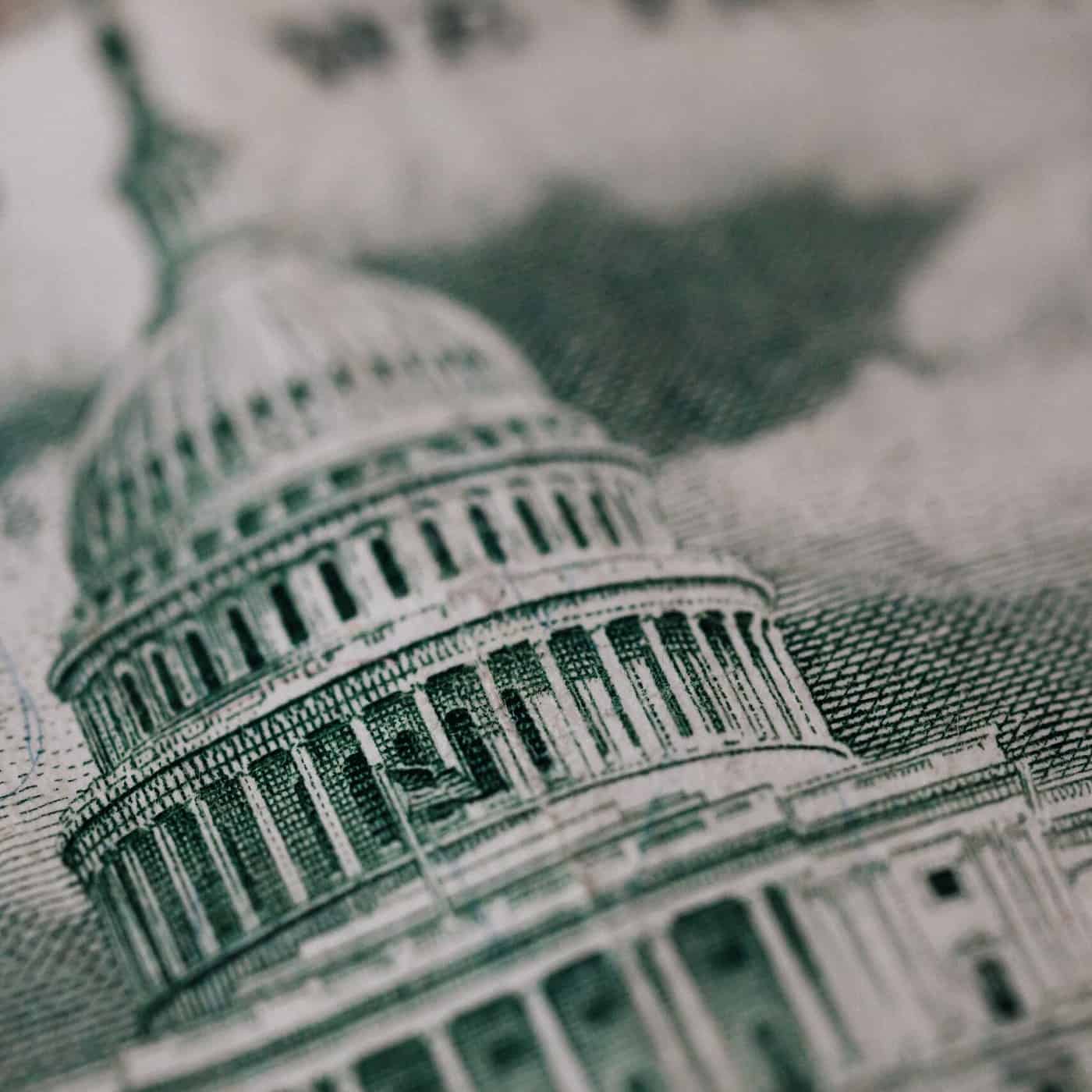


If the government is to engage in any kind of a program, the politicians behind such a program need to look taxpayers in the eye and say, “We, the government, need your money more than you do.”
A concerned taxpayer might respond, “I was going to use my money to feed my family. Or pay my mortgage. Or fuel my car. How do you plan to use my money instead?”
If the answer is something along the lines of, “We need your money to fund the next gay pride event” or to “make sure the masses have access to National Public Radio” or to “help a business train its employees,” the government is being callous about the money that taxpayer earned to satisfy his own needs and interests.
This is a fundamental position of the center-right, which is why it was shocking this week to see a Washington, D.C.-based free-market think tank criticize the Idaho Freedom Foundation for its victory this legislative session in defunding an Idaho government needle exchange program for junkies.
The R Street Institute opined that it holds the moral high ground on this issue, predicting Idaho would regret having eliminated this “harm reduction” program. R Street argues that such programs reduce the transmission of certain diseases such as HIV and hepatitis. The organization also posits that illicit drug use does not increase due to the existence of these programs. It disputes the research cited by IFF policy analyst Niklas Klienworth showing that the opposite could be true, leaning on CDC data that supports the existence of such programs.
Whether R Street is correct in its assertion that such programs are a good way to handle druggies is of little interest to me. I’m not even going to make a fuss about the fact the CDC supplied the money to Idaho to conduct the program, and so therefore, probably has some bias in supporting the continued use of the program in Idaho and elsewhere.
What is of interest is that the state government was accepting federal money for a program that interferes with marketplace solutions. Whatever solutions that local churches, charities, and communities might dream up would be nonstarters due to the fact that federal and state governments had come up with and funded a solution that negates any meaningful input or participation by the private sector.
It’s of interest that the state turned to the federal government to pay for a program that should be of no concern whatsoever to the federal government 一 there’s nothing in the U.S. Constitution that I can see dealing with illicit drug use 一 and in doing so, the state was now dependent on the feds to deal with what is quite obviously not a federal concern.
But of greatest interest here is that taxpayers were being forced to subsidize a program that was intended to help drug users shoot up, albeit supposedly “safely.” The premise raises moral and ethical questions which are clearly a problem when considering the proper role of government. I might argue against the wisdom of the local church choosing a needle exchange program to help addicts remain addicted to their drugs. If it’s not my money the church is spending on the effort, I might just shake my head and move on. But the program R Street defends depended on the involuntary support of taxpayers.
Various groups, mainly on the Left, often argue that any government-funded program is valid because it attacks some societal evil — homelessness, hunger, unplanned pregnancy, and so forth — and those groups will produce oodles of studies and data that back up their claims. But such research often overlooks the objection that government “solutions” necessarily require people to surrender their property to make the dreams of central planners into reality.
This brings us back to the scene I set up earlier in this commentary, wherein the taxpayer was standing eyeball to eyeball with the government officials who said they need his money more than he does, negating his ability to pay for food, housing, and transportation.
“How do you plan to use my money instead?” he asks.
To which the government answers, “We need to help drug users safely use their illegal drugs.”
Now, who has the moral high ground? R Street? Or the Idaho Freedom Foundation?

